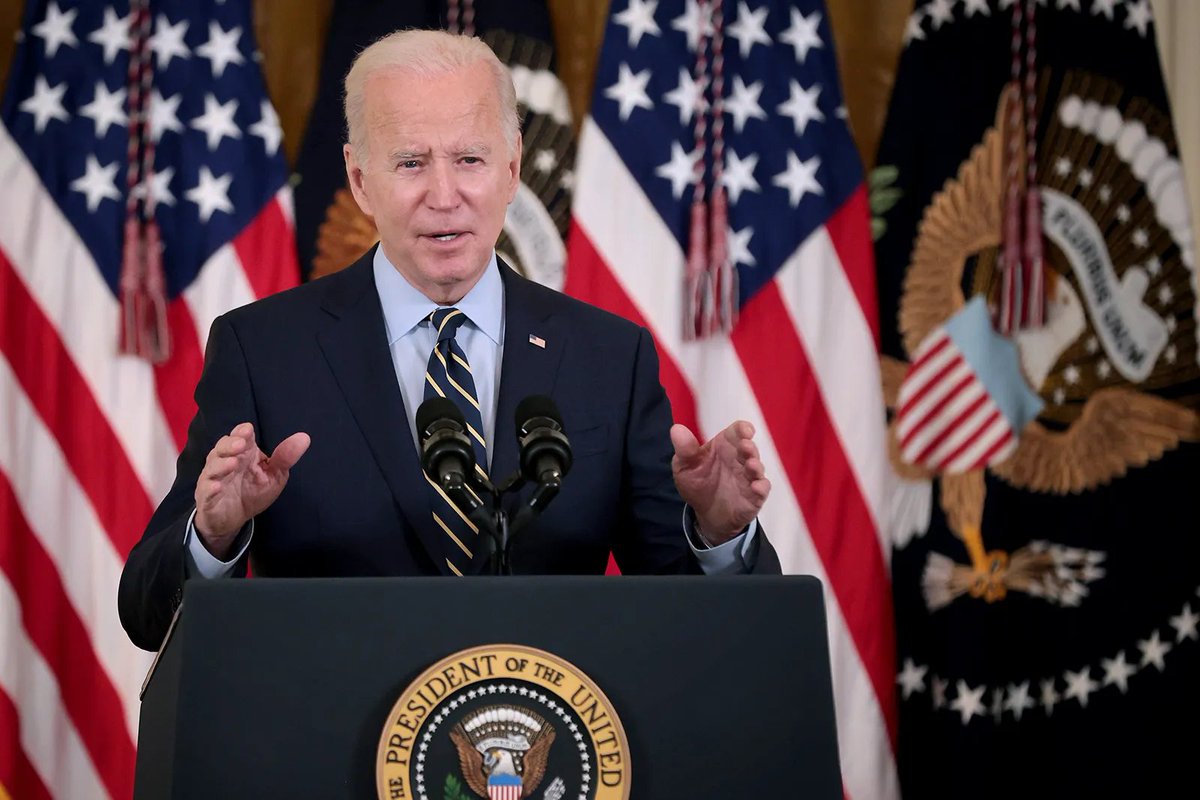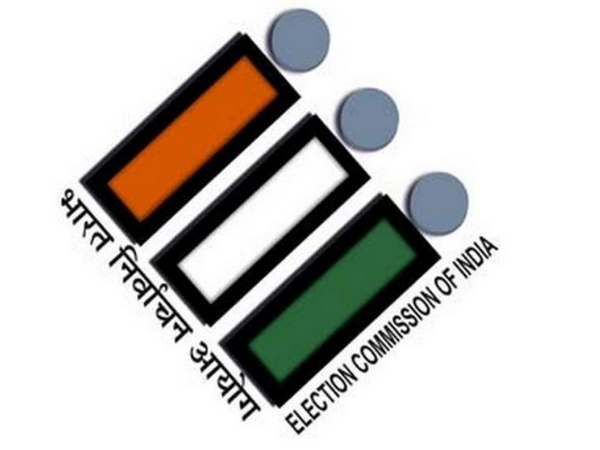The Biden administration on Wednesday slashed its target for U.S. electric vehicle adoption from 67% by 2032 to as little as 35% after industry and autoworker backlash in the political battleground state of Michigan.
The Environmental Protection Agency instead adopted a “technology neutral” regulatory scheme that allows automakers far more freedom to meet emissions standards with gas-electric hybrids, which many environmentalists have opposed as a half-measure that delays the EV transition. The agency also embraced “advanced gasoline” technologies to save fuel, such as turbo-charging, lighter vehicles or stop-start ignition systems.
EPA administrator Michael Regan told reporters the new rules would nonetheless achieve the same greenhouse-gas reductions as the original EPA proposal for a far more aggressive EV transition.
The EPA acknowledged the rule cuts emissions by 49% by 2032 over 2026 levels compared with 56% under the proposal last year. Regan said in an interview the reductions were “essentially the same” between the proposal and final rule.
BIG POLLUTION REDUCTIONS
The new rules, while softened, will nonetheless force dramatic emissions reductions. The EPA said the plan cuts fleetwide tailpipe emissions by 50% over 2026 levels and reduces greenhouse-gas emissions by 7.2 billion tons through 2055.
The EPA’s percentage targets for EV adoption are not mandates but forecasts of how automakers will change their fleets to meet regulations. Its projection on Wednesday came as a wide range — between 35% and 56% of all sales between 2030 and 2032 — rather than a specific target, reflecting the flexibility it emphasized for automakers to pursue different pollution-cutting technologies.
The new regulations will be easier, but hardly easy, for automakers to meet given the relatively low levels of U.S. EV and hybrid adoption now. EVs last year accounted for less than 8% of vehicle sales. Hybrids, including plug-ins, accounted for about 9% of sales, according to Cox Automotive data.
Hybrid sales, however, have surged in recent months as EV demand slowed, suggesting the new regulations could set off a hybrid boom.
(Reuters)



















